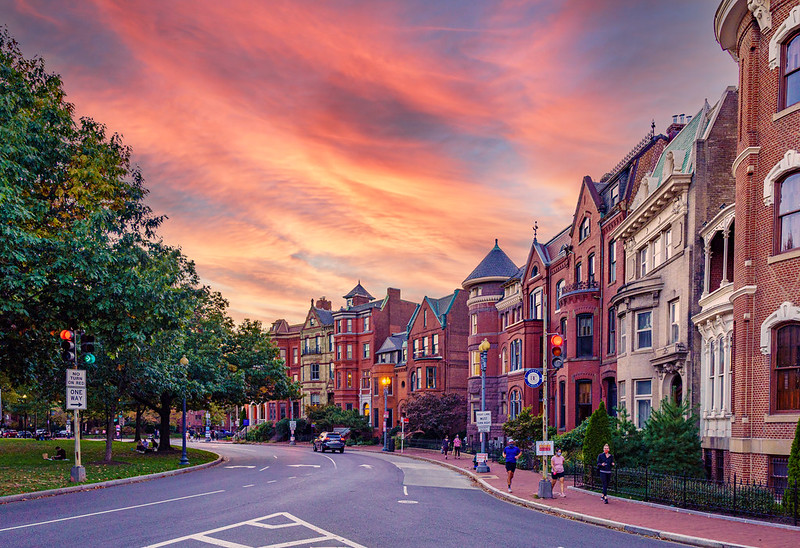Re: Testimony in Support of the FY22 Budget for DDOT
Dear Chair Cheh and members of the Committee:
Thank you for the opportunity to provide testimony. Please accept these comments on behalf of the Coalition for Smarter Growth, the leading non-profit organization in the D.C. region advocating for walkable, bikeable, inclusive, transit-oriented communities as the most sustainable and equitable way for the DC region to grow and provide opportunities for all.
Major Investment Bus Priority:
We wish to express our enthusiastic support for the FY22 budget for DDOT, especially the $63 million for bus priority programs. This is a tremendous step in making the commitment we need to the bus service we should have. This budget makes a major commitment to building out the city’s bus priority network. Over the last decade, we have advocated for better bus service and urged the city to give buses priority on District streets. We are gratified to see such a bold proposal to advance bus service. This major commitment to better buses helps address racial and economic disparities, and build a more sustainable city for everyone.
We commend the proposed budget to both support operating costs for the Bus Priority Program and the $63 million of capital investments for “Bus-Only Lanes and other initiatives to improve bus speeds and reliability on 50+ priority bus corridors throughout the city.” While this investment is most of what we need, we ask that the funding for this program be sustained to ensure its completion in the out years.
We also support $116 million for the K Street Transitway, which is a necessary reconstruction of a central downtown thoroughfare. This project will improve speed and reliability for bus passengers benefiting travel both in downtown and throughout the District. It will benefit residents from all parts of the city as they travel through the corridor to jobs, services, or via bus on their way to another destination. We are excited that the transitway will also accommodate people bicycling, and improve the walking environment.
Pedestrian/Bicycle investments:
We support the $375 million for streetscapes, trails, bicycle lanes, Open Streets, and Vision Zero safety improvements. We also are thrilled by the $19 million expansion of Capital Bikeshare. These investments are critical to the city’s ability to make education, jobs, and services more accessible to residents and visitors. To accelerate these investments and get us back on track to achieving Vision Zero, we need to ensure that DDOT has the staffing to plan and guide these projects through to delivery. In the past year, our city has experienced far too many tragic deaths of people walking and bicycling. We need to do more to accelerate implementation of safety improvements and redesigns of unsafe streets and intersections. We ask that the budget add staff positions to the pedestrian/bicycle team to ensure that DDOT can deliver on these critical facilities.
We also want to express our support the FY22 budget’s transfer of the Automated Traffic Enforcement (ATE) program to DDOT. DDOT’s management of ATE will better ensure that safety and compliance are tightly linked to the design and management of our streets to support walk and bicycle access and safety, and effective bus lanes.
This is a set of major investments that will make our city more sustainable, equitable, accessible and vibrant. These investments give people healthier, more sustainable, and more affordable transportation choices. We urge the DC Council to support these investments.
Lastly, we wanted to inquire about the regulations for the Transportation Benefits Equity Act (B23-148). This new law will enable an employee who is offered a parking benefit by their employer to use the equivalent value of the parking subsidy for a transit, walk, or bike commute. We understand that the administration has been working on regulations, but it has gone on for months. As the District begins to reopen, we should have the regulations for the law in place to provide better guidance to employers as they consider any changes to their commuter benefits policies. We ask the Committee to follow up with the administration on the status of the regulations.
Thank you for your consideration.
Sincerely,
Cheryl Cort
Policy Director




